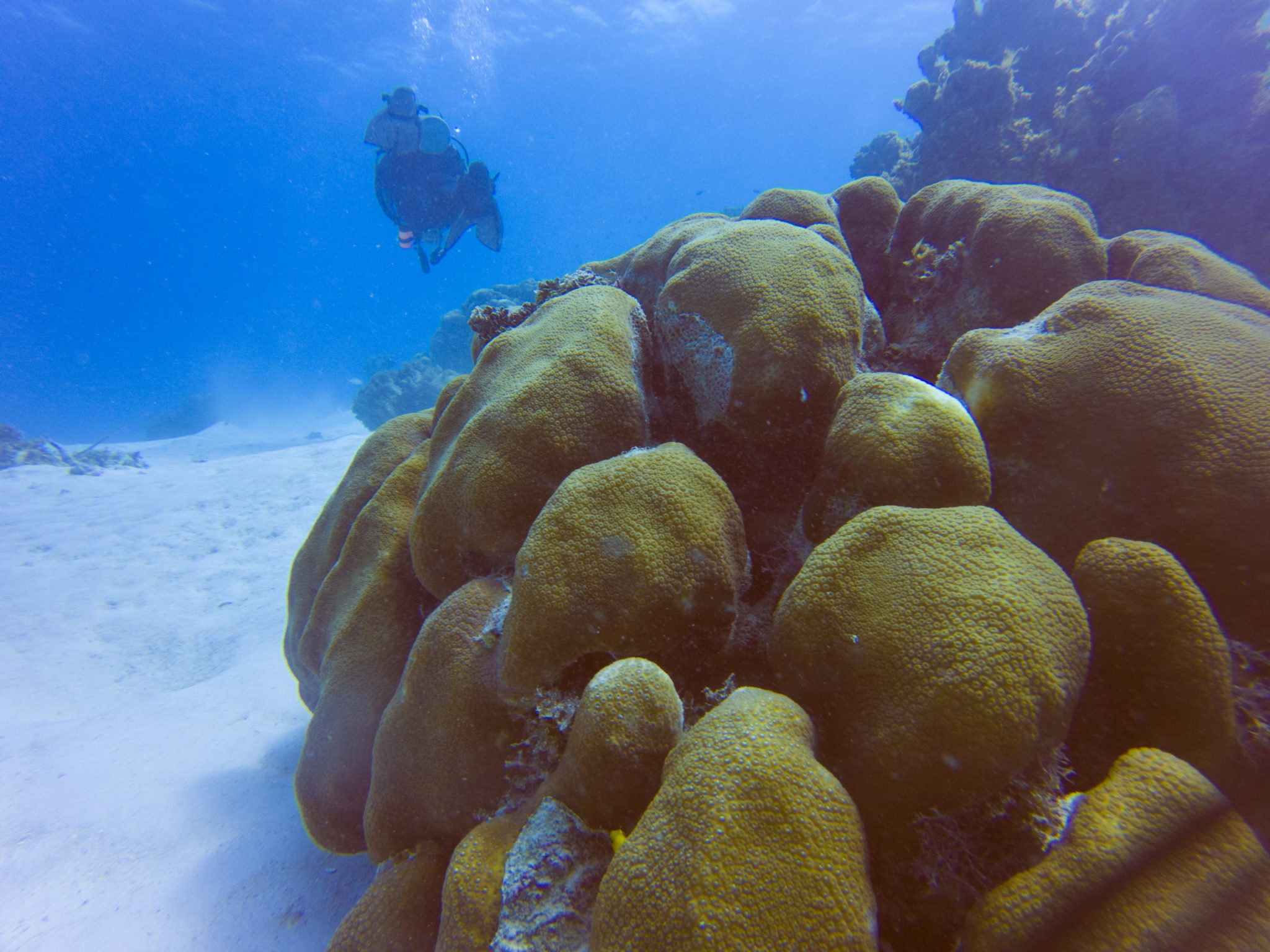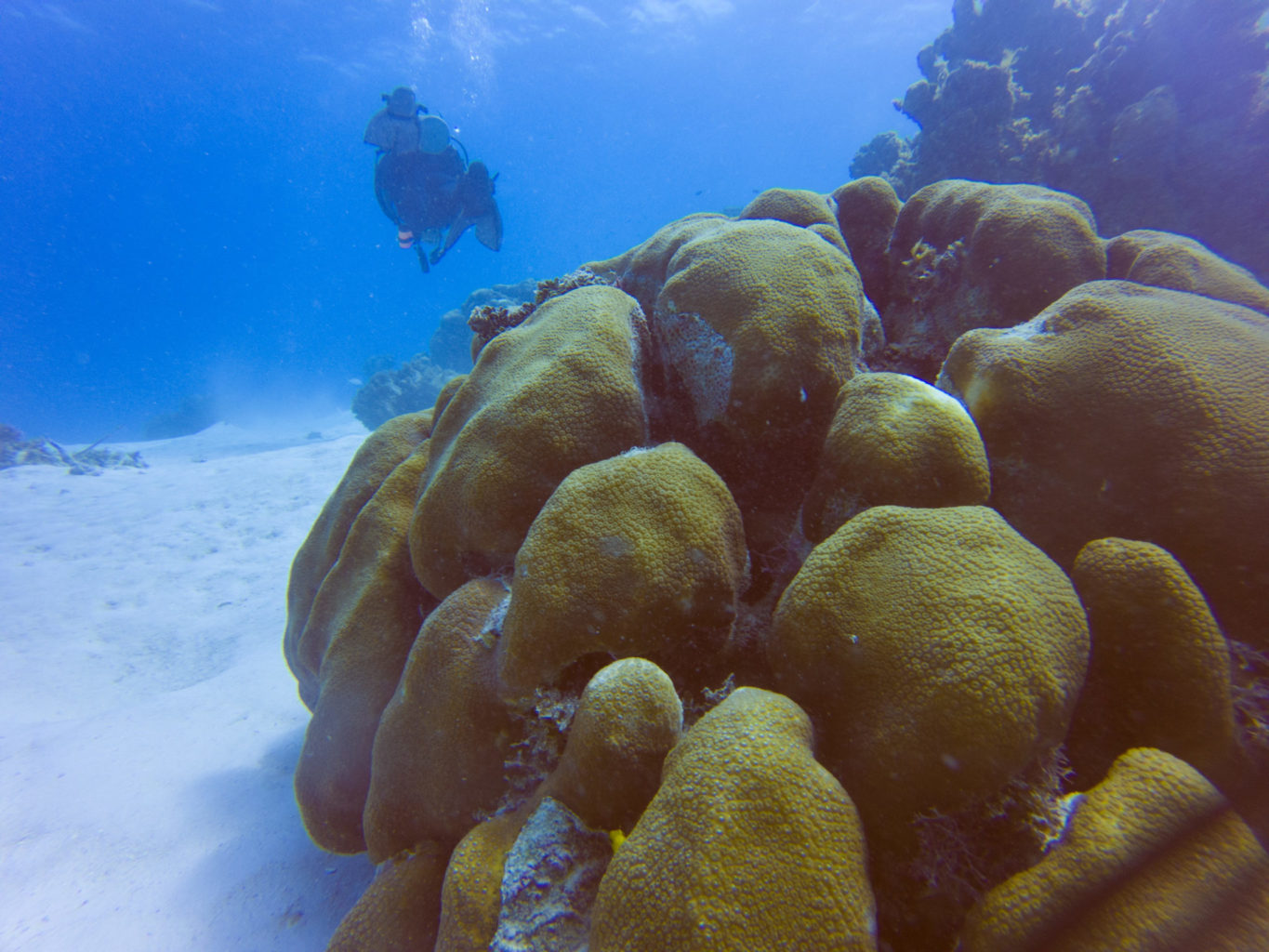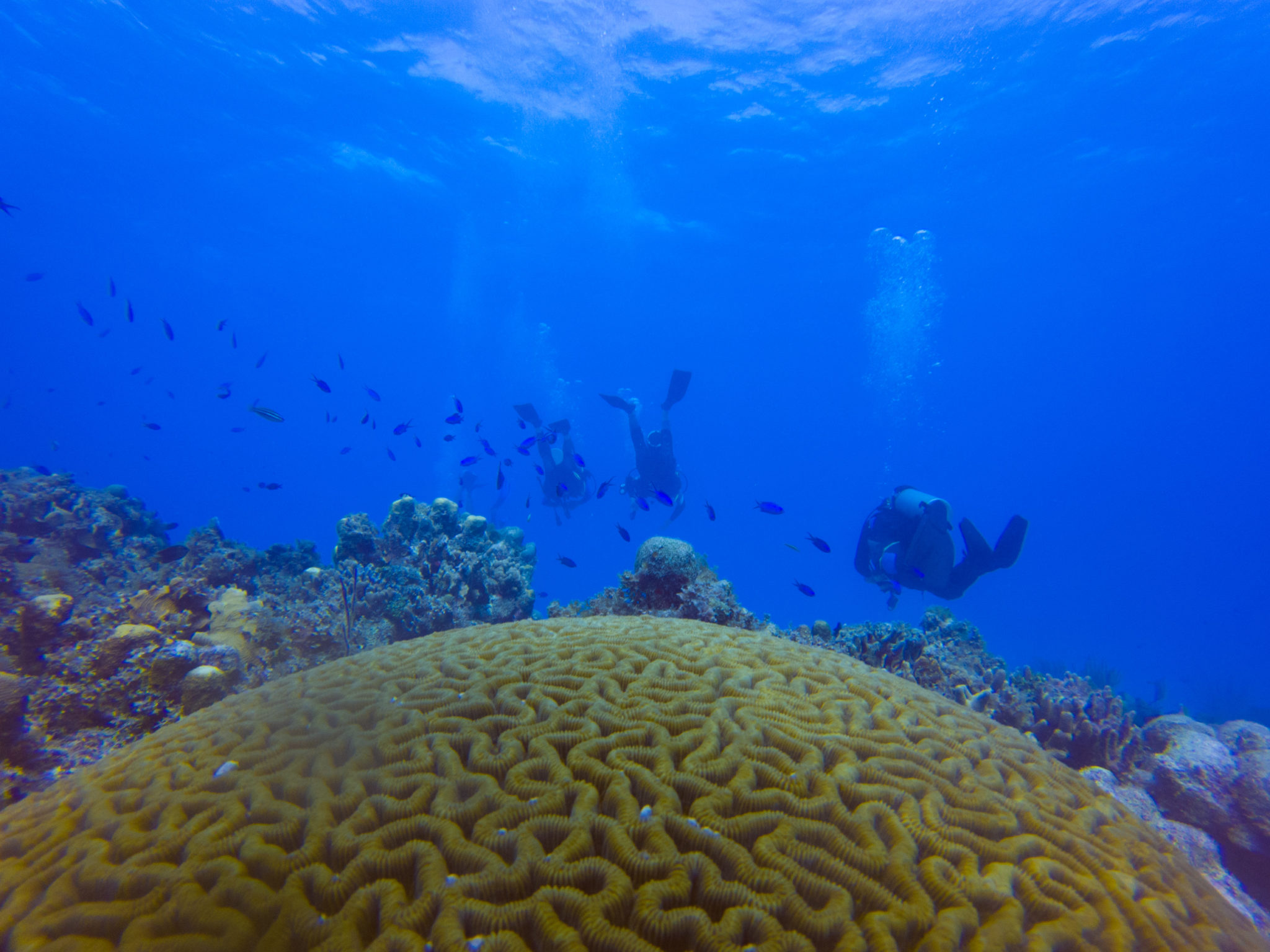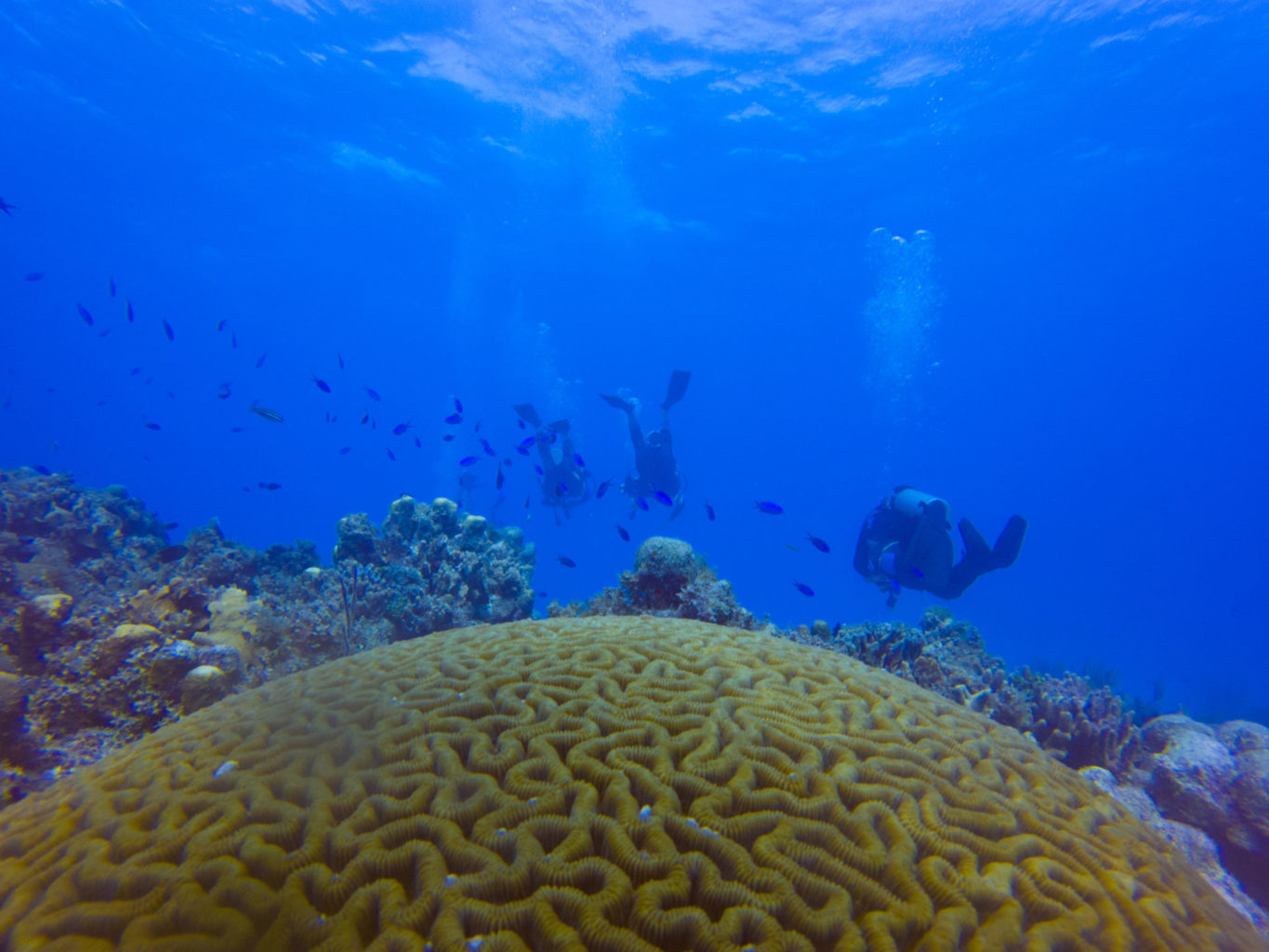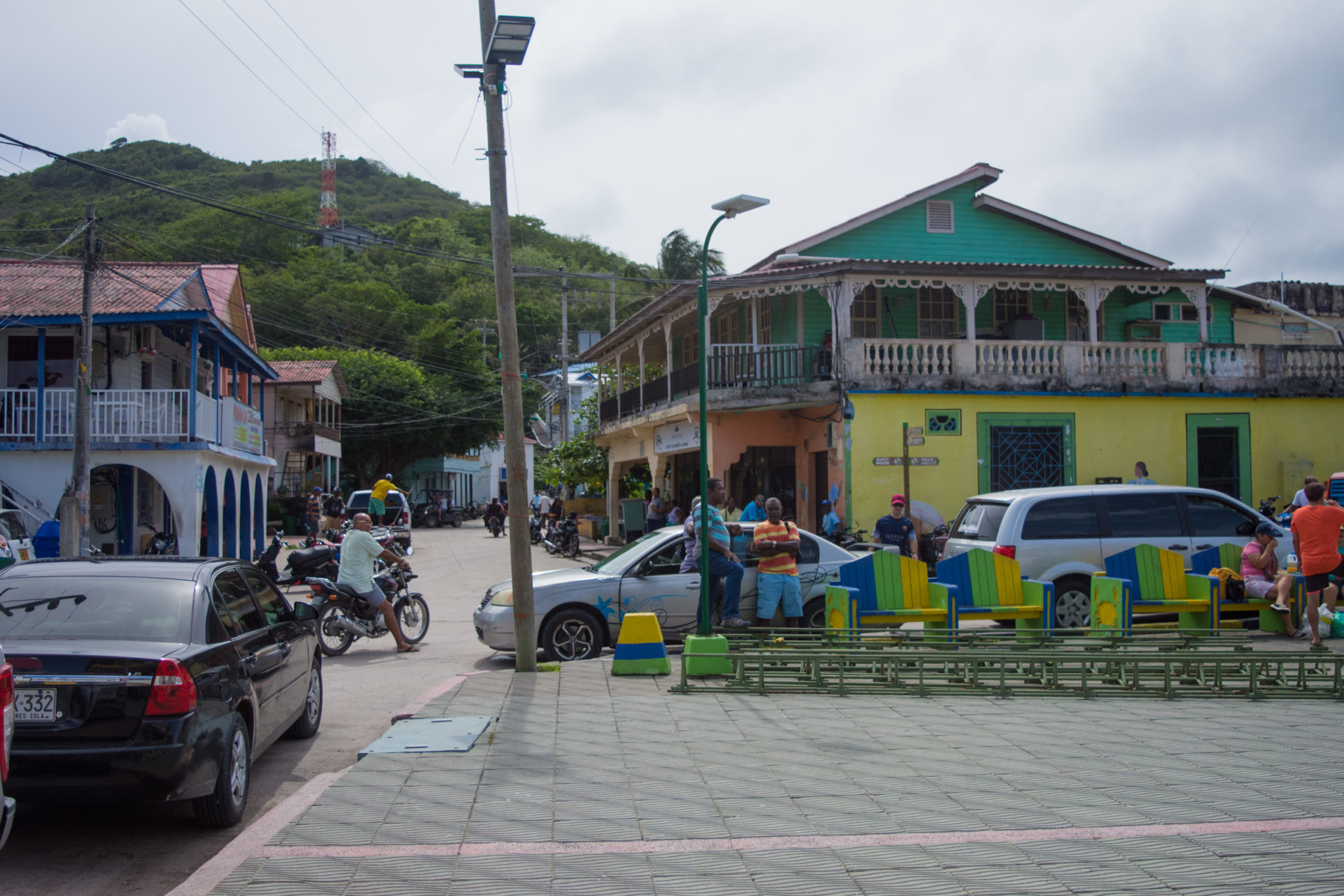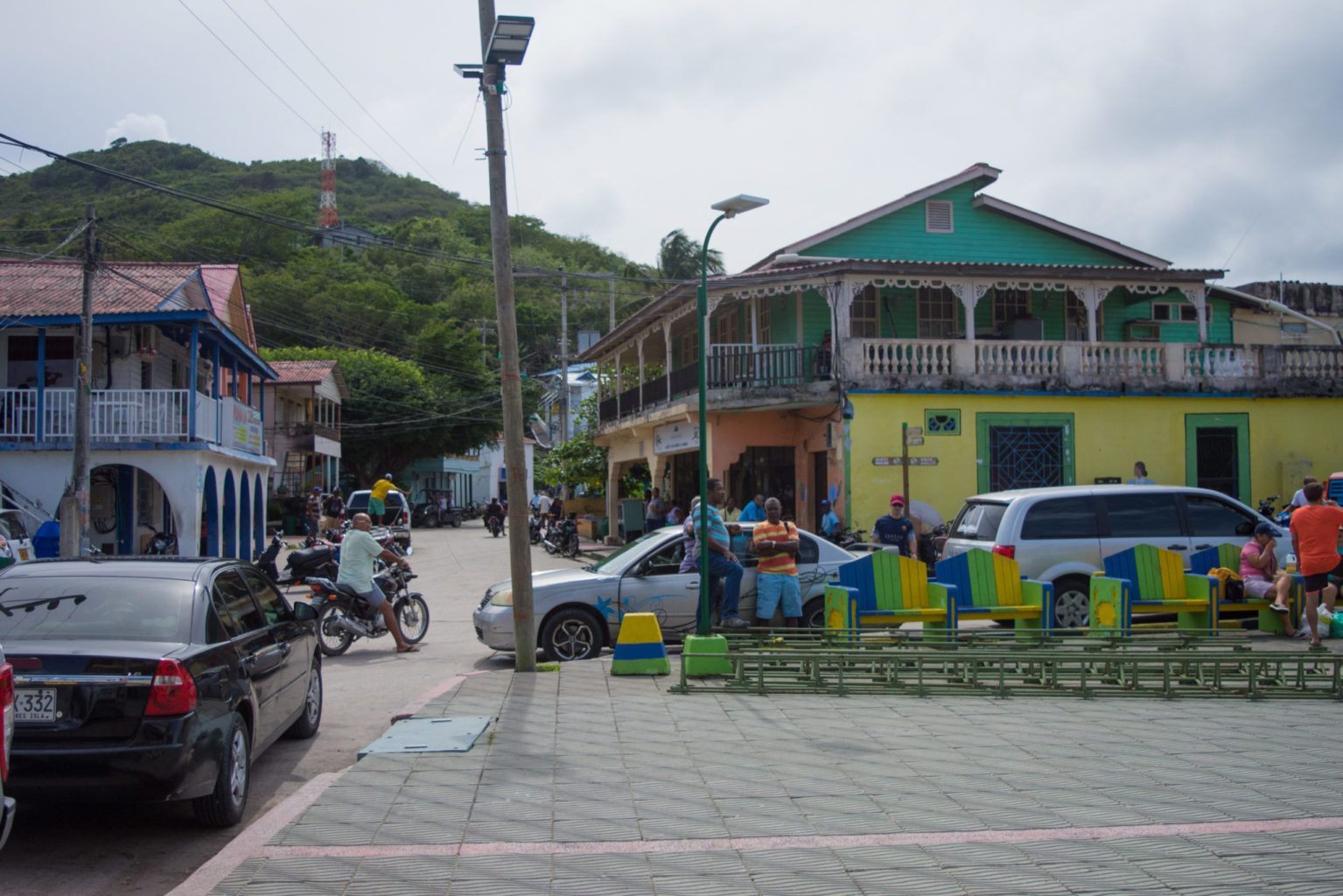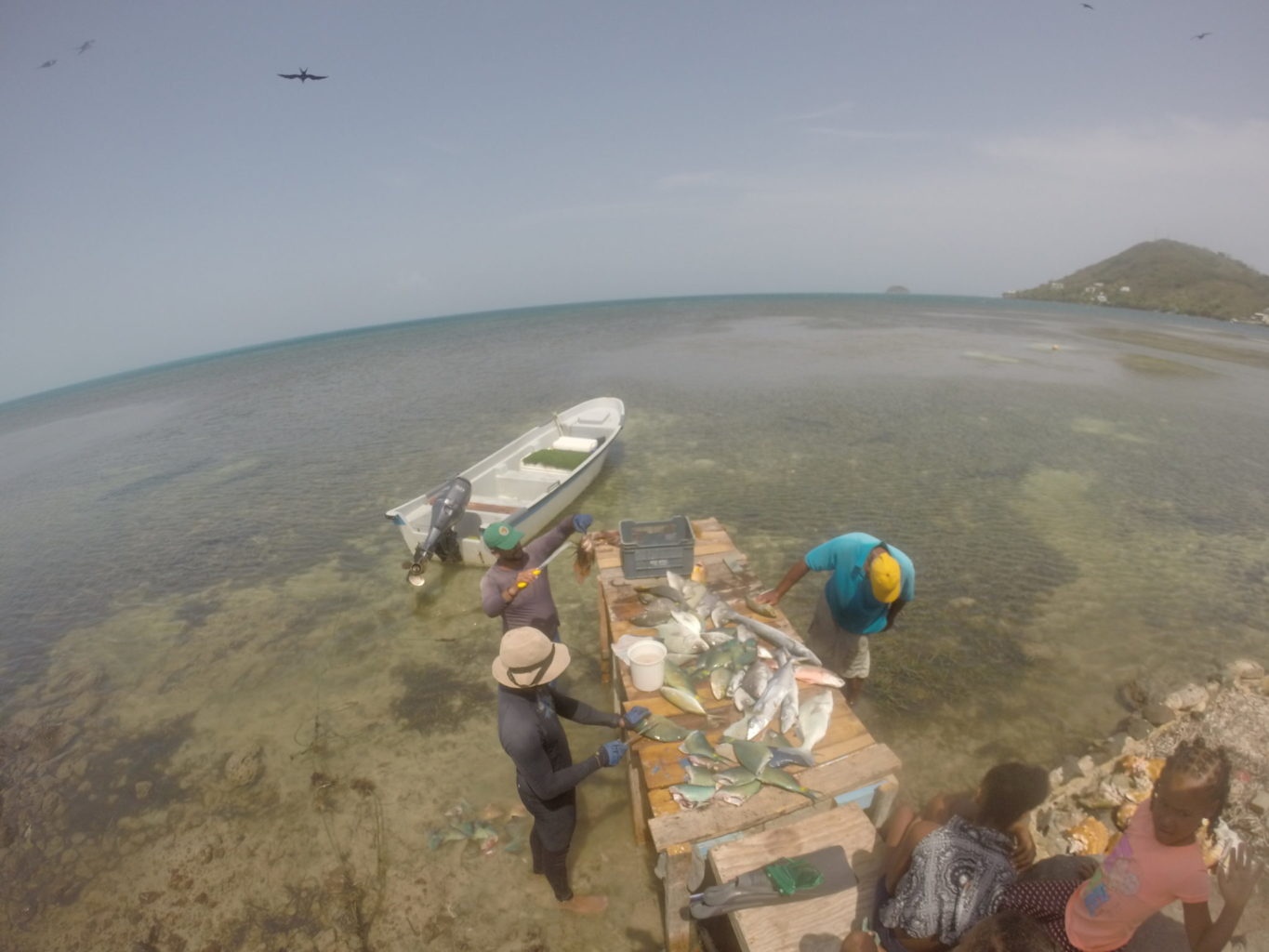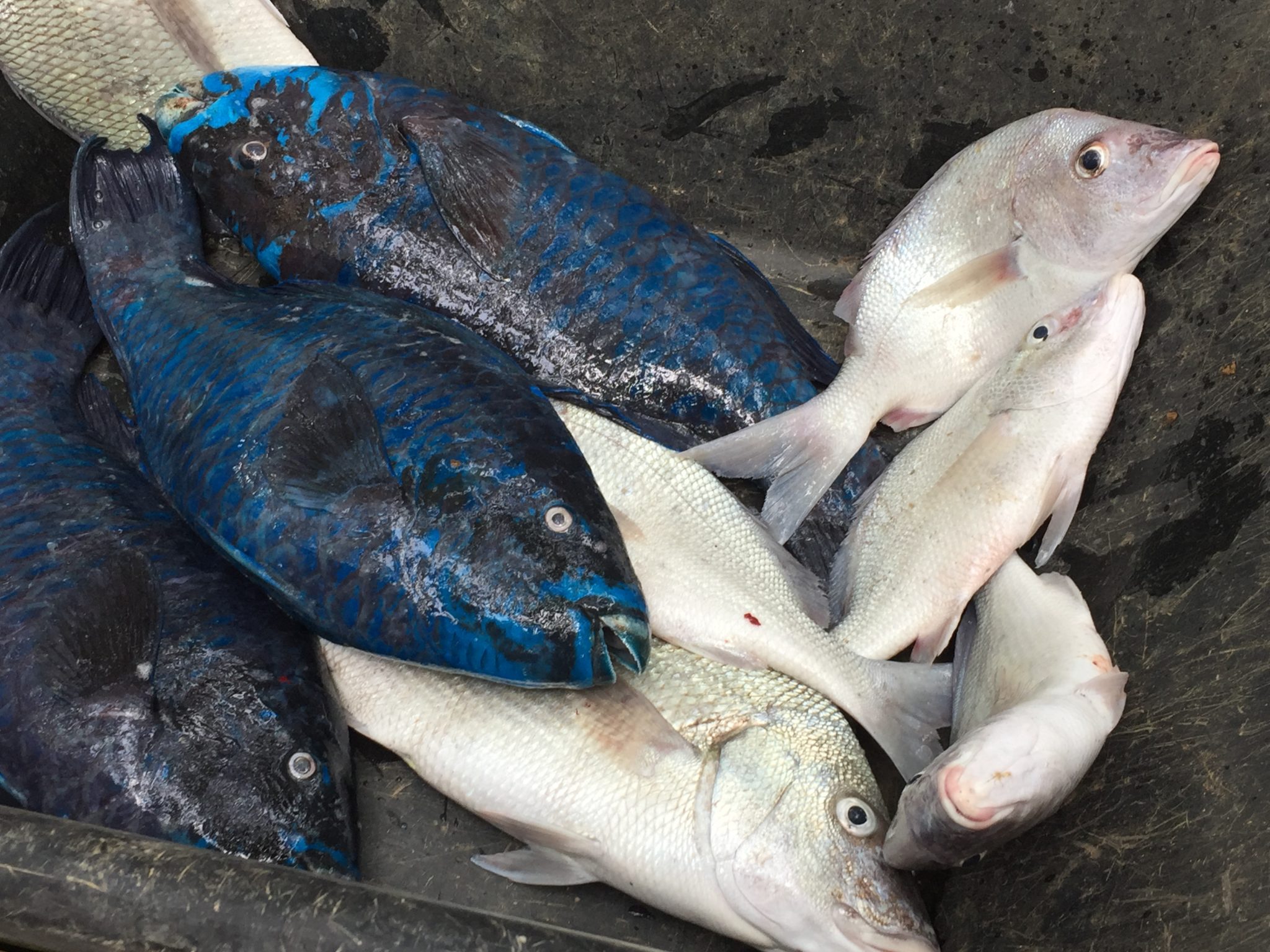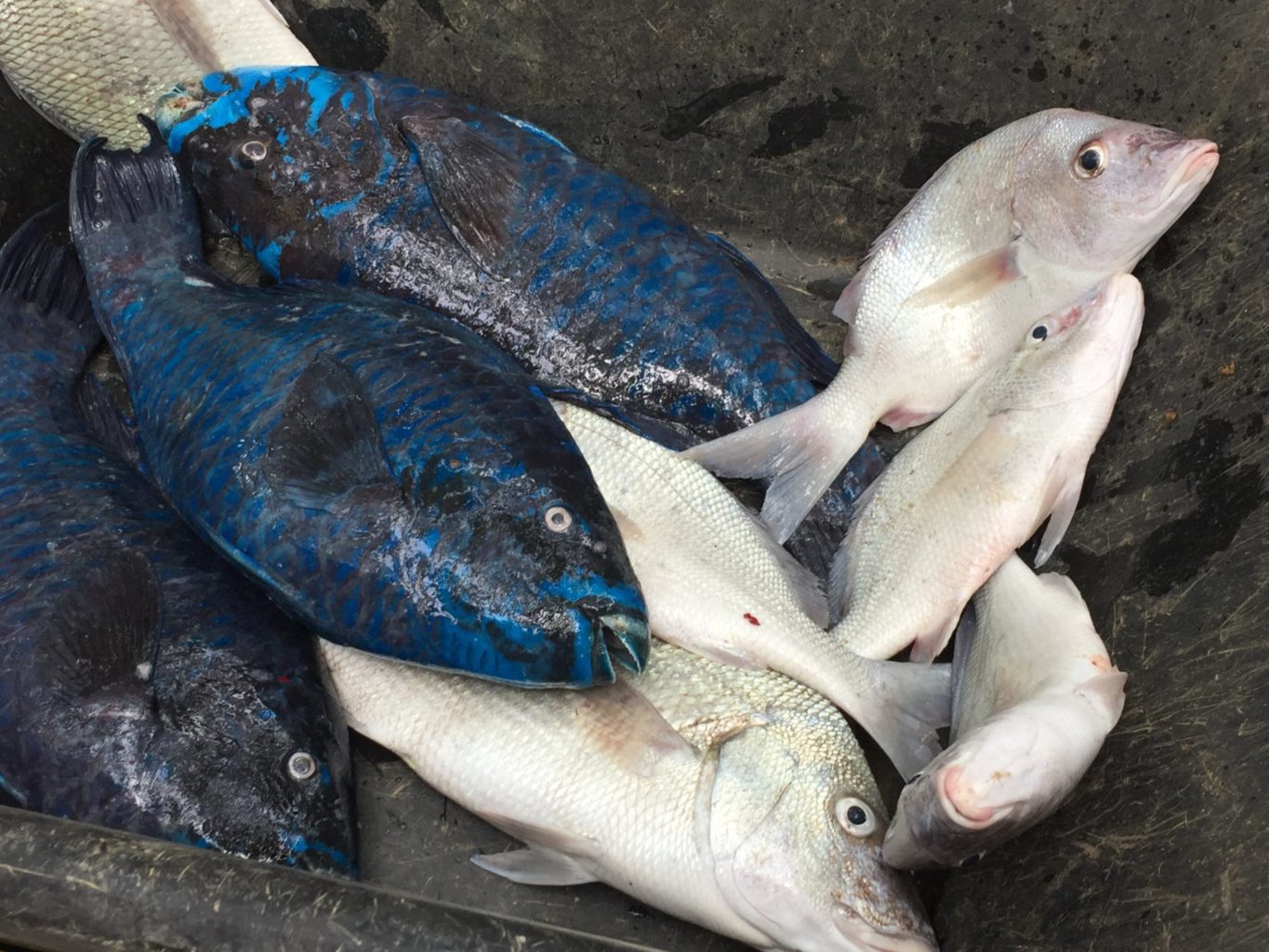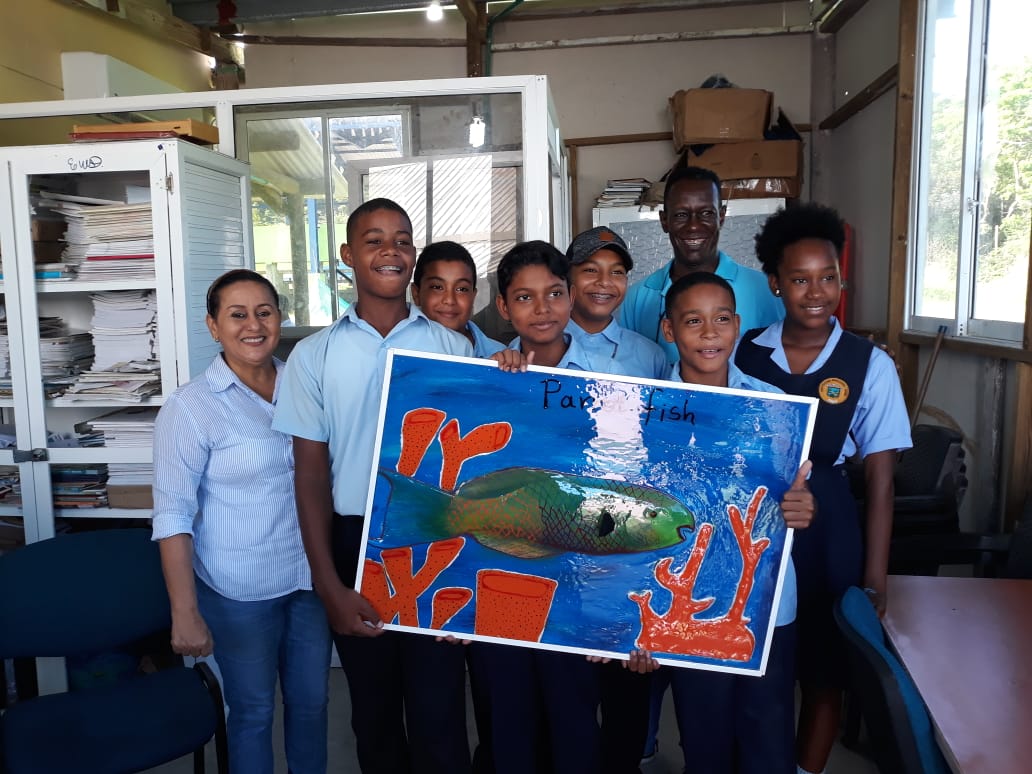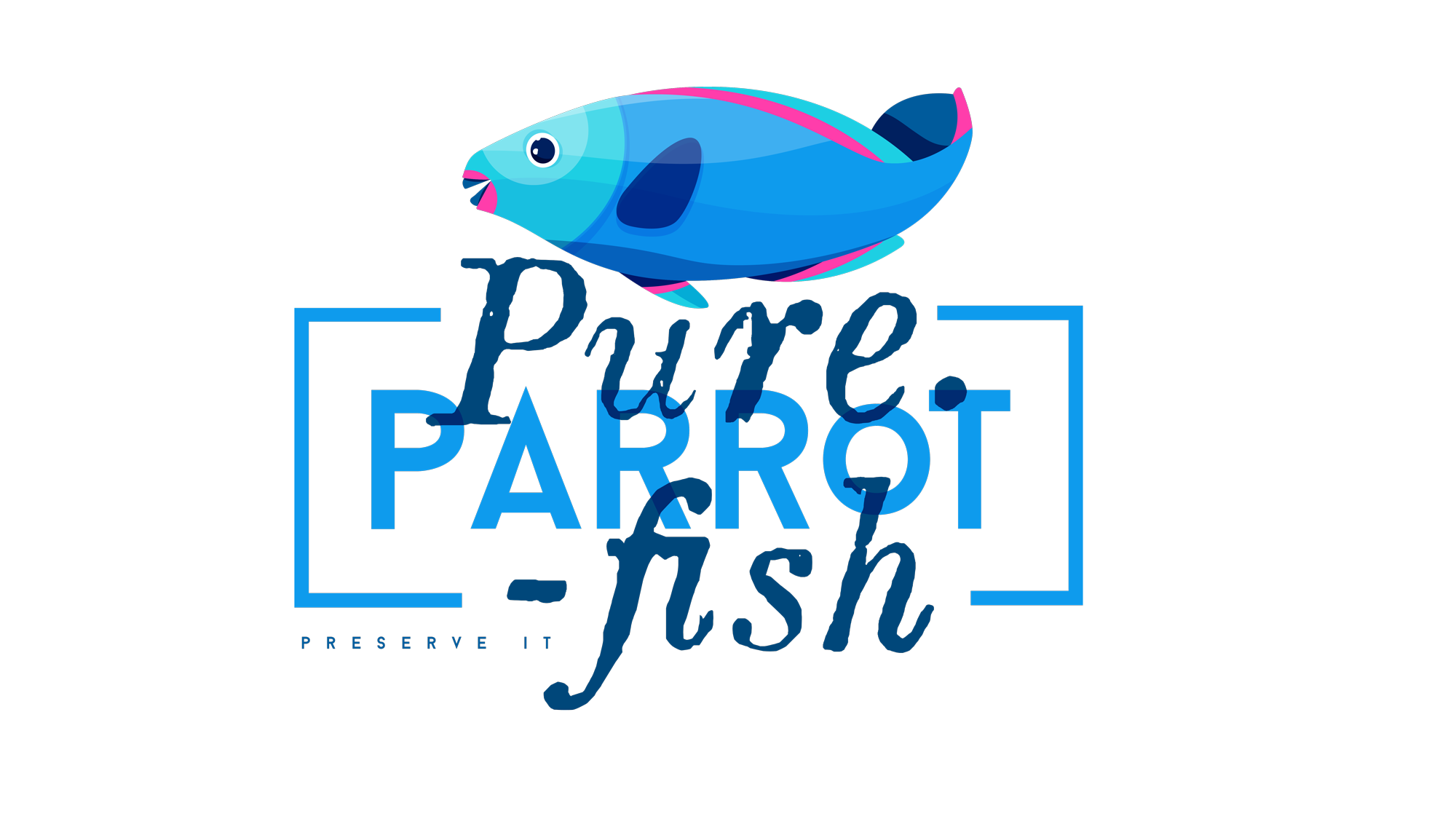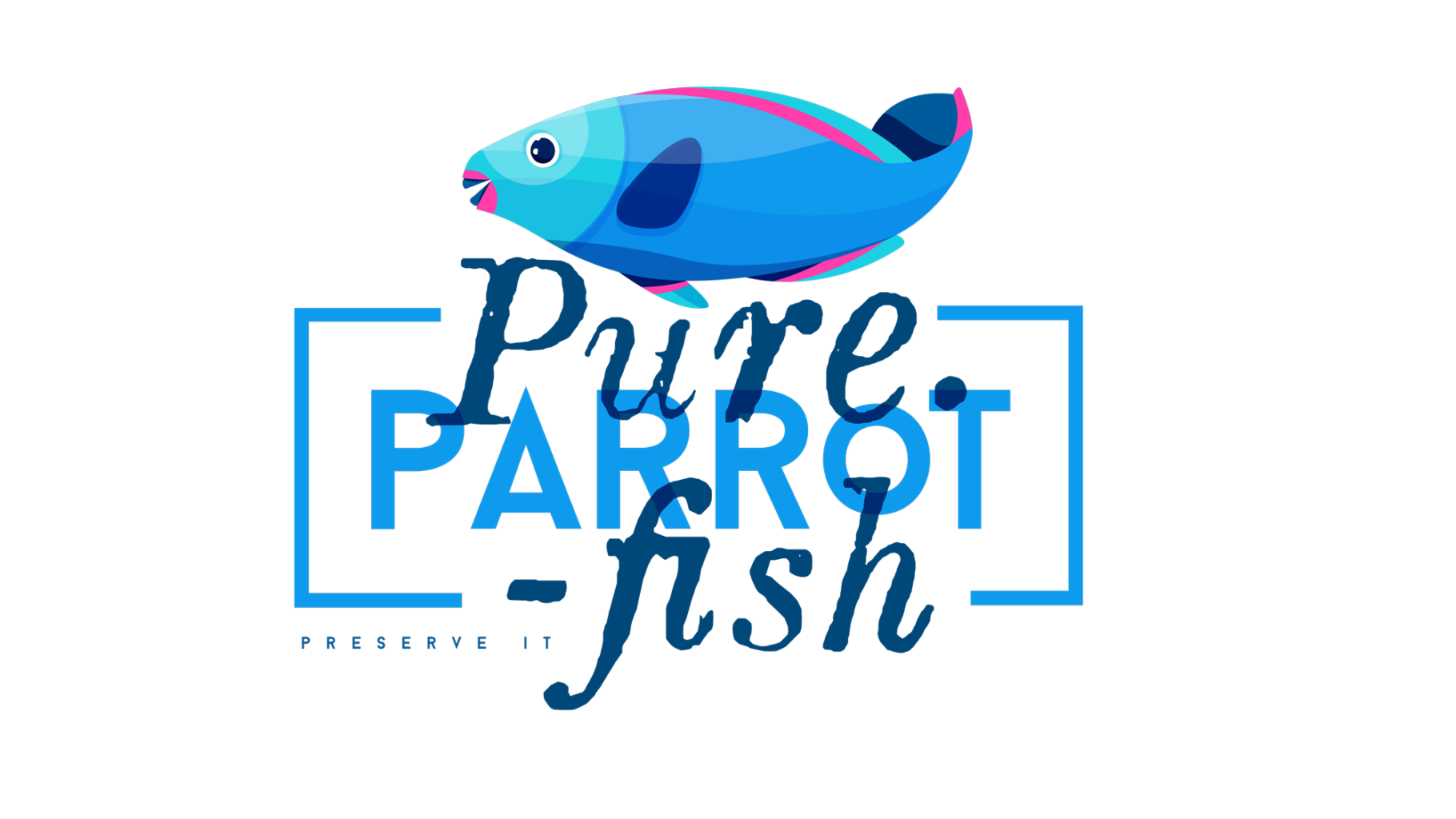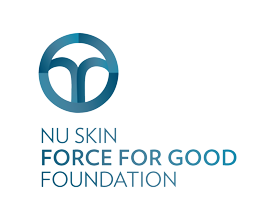Mountainous, tropical Providencia Island is the above-water top of a volcano that rises from the floor of the Caribbean. Surrounded by seagrass and coral reefs, it is known for excellent scuba diving and snorkeling.
A decline in the parrotfish population, however, threatens the health of the island’s reefs. Parrotfish eat algae that would otherwise smother the coral, so a robust population of parrotfish is crucial for a thriving reef.
This project seeks to stop all fishing for parrotfish. The catch increased a few years ago, when Colombia lost a territorial dispute with Nicaragua and had to give up about 40% of its fishing grounds around the island. The loss of fishing grounds squeezed the island’s many artisanal fishers into shallower areas closer to shore. Now, when the lobster season is closed for six months each year, they catch parrotfish.
The path to a ban on parrotfish harvesting begins with education, according to our nonprofit partner, Fundación Providence. The organization has worked with the island community for more than 10 years. With a Seacology grant, it will conduct a multimedia campaign, aimed at increasing awareness of the ecological importance of parrotfish. The campaign will target fishermen, schoolchildren, tourists, and restaurant operators. It will offer artistic activities for children, radio broadcasts, and a television program. Incorporating the island’s strong musical traditions, it will also include a jingle-writing competition. The organization will encourage restaurants to proudly announce that they do not serve parrotfish, and give them a plaque to display.
Providencia Island lies about 140 miles east of Nicaragua, in the huge UNESCO Seaflower Biosphere Reserve. About 5,000 people live there; fishing and farming are the major occupations. There is some tourism, but the islanders have resisted development that would change their home’s character.


